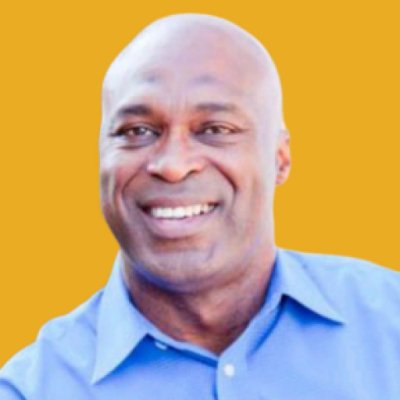📆 Your joke writing challenge topic for today is Coffee Culture.
Laughing Matters: Unraveling the Philosophy of Humor for Budding Comedians
Hey there comedy enthusiasts! Welcome back to our comedic corner of the internet! Today, we’re digging deep into the laugh-factory to unravel the philosophy behind humor. It’s a topic that philosophers have wrestled with for centuries, but don’t worry, we’re not going to get too serious. We’re here to shed light, share laughs and expand our comedy chops!
😏 TAKE THE QUIZ BELOW
To kick things off, let’s hop into our time machine and travel back to some of the earliest philosophies of humor. From superiority theory to release theory, incongruity theory to play theory, we’ll dissect humor without killing the frog (or the joke!).
Key Learning Points:
- Superiority Theory: Rooted in the philosophies of Hobbes and Descartes, this theory argues that humor arises from a feeling of superiority. Essentially, we laugh because we feel smarter or superior to the butt of the joke. This perspective dominated for around 2000 years, but remember, humor doesn’t have to be mean-spirited or derogatory!
- Release Theory: This theory, introduced by Sigmund Freud and Herbert Spencer, is all about tension and release. The punchline of a joke provides a cathartic release of built-up tension. Stand-up comedy routines often make great use of this, building tension with a complex narrative before providing the comedic release.
- Incongruity Theory: This theory, advocated by Kant and Schopenhauer, proposes that laughter arises when our expectations are dashed. The rule of threes in comedy perfectly illustrates this – two examples set up an expectation, and the third subverts it. This discrepancy between expectation and reality is the source of the laughter.
- Play Theory: The last theory we’re going to touch on suggests laughter is a form of play, a social signifier that a situation is not as serious as it first appeared. This theory suggests that humor has social roots and functions as a communal stress-reliever, reminding us that we’re in a safe, relaxed environment.
To summarize, these theories provide an insight into why we laugh, what triggers our chuckles, and how humor operates on a psychological level. Yet, no single theory can fully encapsulate the wide array of humor styles and individual responses. Whether it’s a stand-up comedy routine, a knock-knock joke, or a clever limerick, there’s always more to learn about the art of making people laugh.
As you embark on your comedy journey, don’t forget to explore stand-up comedy classes and resources. Expanding your knowledge and refining your craft will take you from being an audience member to the one delivering the punchlines. And remember, the best comedians are those who never stop learning and exploring the depths of humor.
So, put on your philosopher’s cap, keep refining your jokes, and remember to stay skeptical, comedic scholars! After all, laughter truly is the best medicine. So here’s to tickling funny bones and brightening days, one joke at a time! Stay tuned for more comedy insights here at [website name]. Happy joke-telling!






The Release Theory, which posits that laughter provides a cathartic release of built-up tension, was introduced by which famous psychologists?





Who proposed the Superiority Theory of humor?



- Carl Jung







%%FIRST_NAME%% Way to go 🎉! Keep going! 💪🏆

LEADERBOARD
Rank | Name | Score |
|---|---|---|
| 1 | Jane Joan Costagliola | 30/30 |
| 2 | Alan Salzbank | 30/30 |
| 3 | Robert | 30/30 |
| 4 | Shelley Ann Moore | 30/30 |
| 5 | Joe | 30/30 |
| 6 | Jade | 20/30 |
| 7 | Julie | 20/30 |



